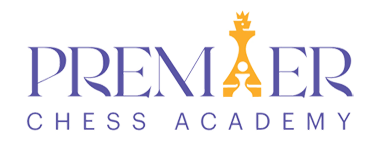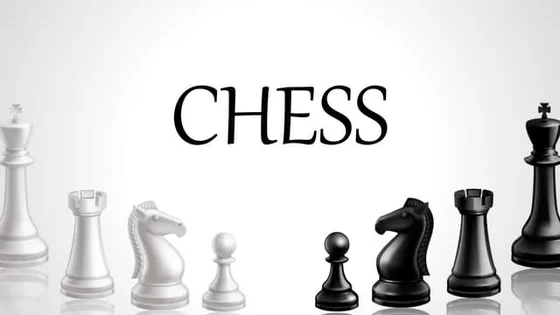In today’s competitive Academics environment, educators and parents are constantly exploring innovative ways to help students excel. Chess, a game renowned for its intellectual rigor, has emerged as a powerful tool for cognitive development. But does playing chess translate into better academic performance? Research and real-world examples suggest a resounding “yes.”
How Chess Enhances Cognitive Academics Skills
Chess is more than just a game; it’s a mental workout that demands focus, strategy, and problem-solving—all essential skills for academic success. Studies reveal that regular chess practice improves memory, critical thinking, and analytical reasoning. These cognitive enhancements are particularly beneficial for subjects like mathematics and science, where logic and precision are crucial.
Key Cognitive Benefits of Chess
Improved Focus and Attention: Chess requires players to concentrate deeply, honing their ability to stay focused during long tasks—a skill that directly impacts classroom performance.
Critical Thinking and Problem Solving: Chess teaches players to evaluate scenarios, anticipate consequences, and develop creative solutions, which are invaluable skills in academics and beyond.
Time Management: In timed chess games, players learn to think efficiently under pressure, a skill that translates to managing tight deadlines and exam situations.
Resilience and Adaptability: Losing in chess fosters a growth mindset, teaching children to learn from mistakes and adapt their strategies—a lesson applicable to overcoming academic challenges.
Chess and Academic Subjects: A Natural Connection

Image Source: startendchess.com
One of the strongest links between chess and academics is its impact on mathematics. Chess requires players to recognize patterns, calculate probabilities, and strategize—all of which strengthen mathematical thinking.
In countries like Armenia, where chess is a mandatory school subject, educators have reported notable improvements in students’ math and logical reasoning skills. A 2016 study published in Educational Studies found that students who played chess consistently outperformed their peers in problem-solving tasks and logical reasoning assessments.
The Social and Emotional Benefits of Chess
Chess not only builds mental acuity but also emotional intelligence. By experiencing wins and losses, students learn sportsmanship, patience, and self-control. These traits contribute to better behaviour in the classroom and improved interpersonal relationships.
A study conducted by the International Journal of Social Psychology revealed that chess players demonstrated higher levels of empathy and emotional regulation, making them more collaborative and adaptive in group settings.
Real-World Evidence: Chess as an Academic Booster
In schools integrating chess into their curriculum, students have consistently shown improvement in test scores and classroom engagement. For example:
In the United States, programs like “First Move Chess” reported that children participating in their chess curriculum scored 10-15% higher on standardised tests in math and reading.
A meta-analysis of chess-related studies concluded that the game positively affects both verbal and numerical reasoning, essential components of academic success.
How Parents and Educators Can Leverage Chess
Start Early: Introduce chess to children as young as five years old through playful and interactive methods.
Encourage Regular Practice: Joining chess clubs or enrolling in online programs like Premier Chess Academy can help children stay consistent.
Integrate Chess into Education: Schools can incorporate chess lessons into the curriculum to boost critical thinking and cognitive skills.
Use Technology: Online platforms and apps offer interactive chess lessons tailored to young learners.
A Game-Changer for Academic Success
Chess is more than a pastime; it’s a transformative tool for cognitive and emotional growth. By fostering focus, resilience, and problem-solving skills, chess equips children with the tools they need to succeed in school and beyond.
Parents and educators looking to enhance academic performance should consider making chess a part of their child’s routine. With accessible programs like Premier Chess Academy, the journey to academic and personal excellence is just a move away.
Make your next move—unlock your child’s potential with chess!


Recent Comments